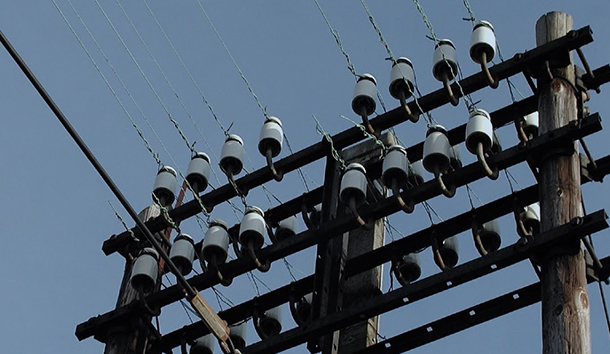“We are in great haste to construct a
magnetic telegraph from Maine to Texas;
but Maine and Texas, it may be, have nothing important to communicate.”
—Henry David Thoreau, Walden
Communication, in the abstract, is easier today than it has ever been before, largely because of the advance of technology. From the telegraph to the telephone to the radio to the television to the Internet, the ability to communicate something—anything—to others, and to an ever-greater number of others, has become increasingly trivial, both in labor and in economic cost. In this sense, the Information Revolution has been a revolution indeed; but whether it has truly been informative, in the sense of providing people with more and more of the information that is actually meaningful, is still an open question.
Indeed, there is reason to believe that much of what each of us could truly benefit from knowing has been lost in the flood of the asynchronous transfer of data—“communication without conversation,” as I called it last month. Here and there, that realization may creep into our consciousness in unexpected ways. The average person takes far more photographs today than ever before, yet he has far fewer of those photos preserved in a physical form, with fewer if any pictures of his family hanging on his walls. He writes more emails to friends and relatives than any previous generation wrote letters; but the historian of the future will have a harder time reconstructing the everyday life of an average American in the first decades of the 21st century than historians today have in fleshing out the picture of the lives of those who fought in Vietnam or even in the Civil War, and not just because few of those emails are likely to be preserved; the content itself is banal at best and usually utterly ephemeral. National and international news—or rather, those tiny slivers of it that vast media companies decide to present to us—is available to everyone with access to the airwaves or the Internet, but in most of the country, local news has never been harder to come by. Even the clothesline telegraph—neighbors swapping gossip over the back fence—has fallen victim to the same technological trends that have lulled us into the false sense that we know more about the world around us than ever before.
Thoreau is far from my favorite American writer, and Walden is a book I have little desire to revisit. But Thoreau, despite all of his second-rate Rousseauism, was on to something with his line about the telegraph. The further removed any two people are from each other, by distance or affinity, the less likely it is that anything one may have to say to the other will be of any real importance. As Thoreau continues,
We are eager to tunnel under the Atlantic and bring the old world some weeks nearer to the new; but perchance the first news that will leak through into the broad flapping American ear will be that Princess Adelaide has the whooping cough.
Asynchronous communication is often a perfectly adequate vehicle for transmitting technical information. But the kind of information that binds the generations, that perpetuates community, that builds up cultures and civilizations—those stories, sagas, and songs require conversation. To some extent, that conversation can take place over the phone (audio or video), but the most faithful transmission takes place at sunrise in the local diner, or around the family dinner table on a Sunday afternoon, or on your front porch on a cicada-serenaded summer night. Intonation, body language, the twinkle in the eye and the furrow in the brow—these may pass along more than the words that they accompany.
Such conversation is always local, even if the ostensible subject is ISIS and the Middle East or the umpteenth rehearsal of how Richard Nixon didn’t deserve his fate. The message is the medium—the interaction, harsh yet gentle, frustrated yet patient, unyielding yet forgiving, between generations and friends and acquaintances and even the odd drifter passing through.
There is a group of men who sit at the same table at Nick’s Kitchen in downtown Huntington, Indiana, every morning from Monday through Saturday. They would sit there on Sunday mornings, too, but the owner, JeanAnne Bailey, is a Methodist, and she observes the Lord’s Day. Some of them have been there every morning for 30 years; others have come and gone, and younger ones have come and stayed. They talk about everything, and about nothing; the table will fall silent for minutes at a time. But just as on those still summer afternoons 40 years ago when I sat on the couch and read while Grandma tidied up the kitchen after lunch and Grandpa slept after a morning of working together in the garden and the yard, that silence speaks volumes about the ties that bind.



Leave a Reply